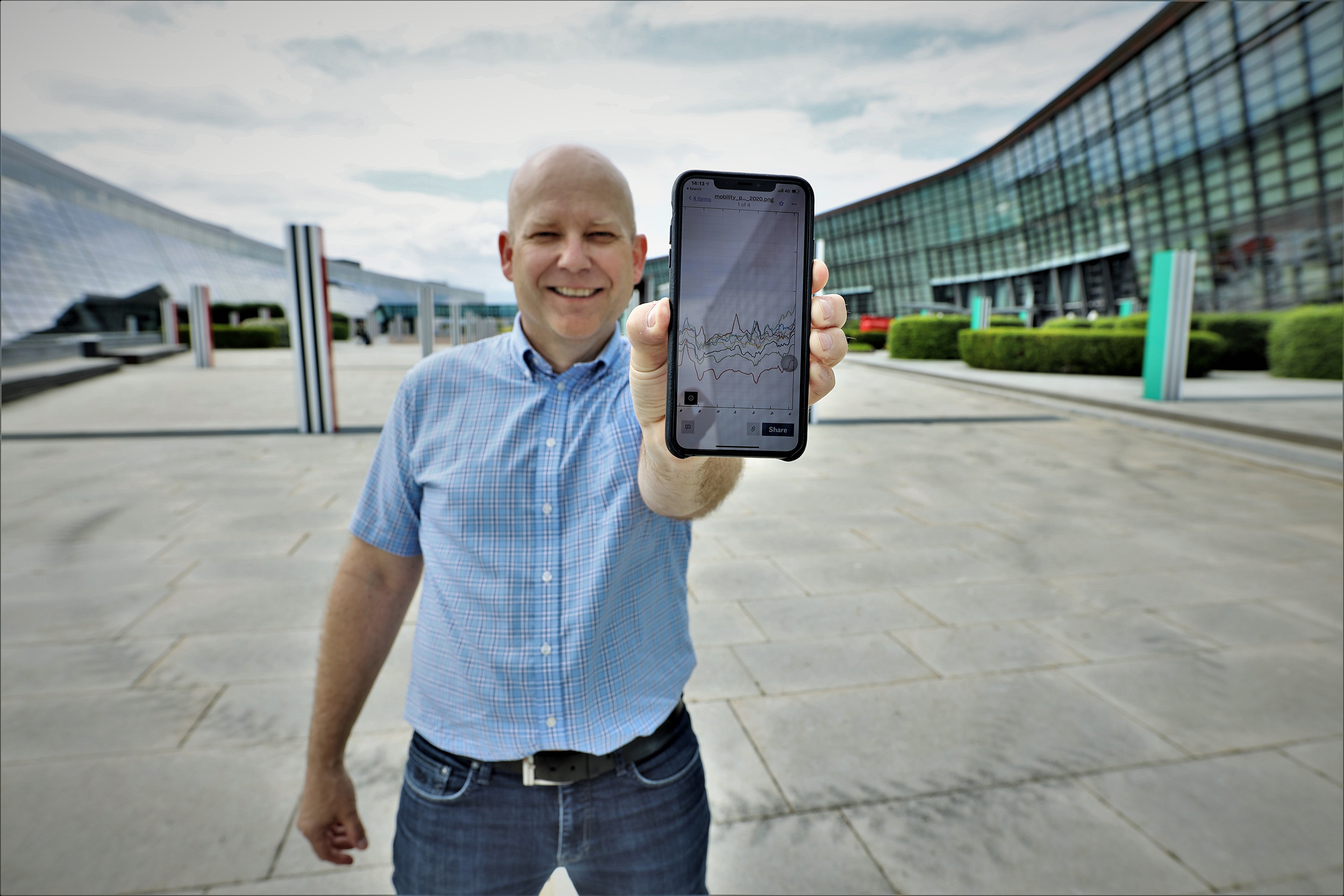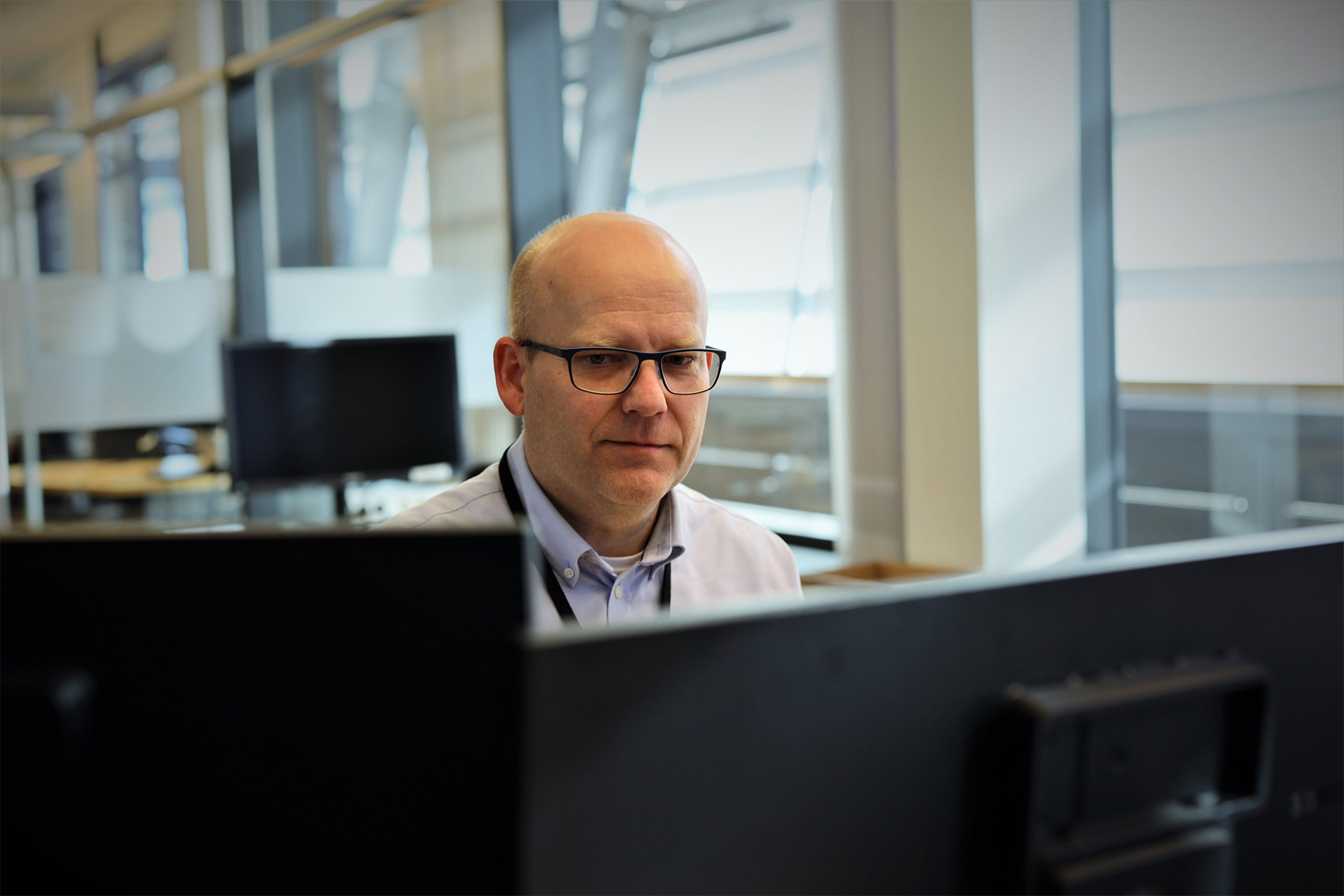Mobility data can help prepare Thailand for next dengue outbreak

Telenor Group collaborated with Harvard T.H. Chan School of Public Health, Mahidol-Oxford Research Unit (MORU) and dtac, its operator in Thailand, to explore the relationship between human movement and the spread of dengue fever.
While steady progress is being made to inoculate the world against Covid-19, the dengue fever epidemic persists – infecting more than 390 million people each year. There is no vaccine for this epidemic, which means that the health sectors in particularly affected countries must rely on their own readiness and control measures to combat the spread.
“With no medical means of stopping the disease in its tracks, accurate forecasting is the best preventative measure we have at our disposal. The essential ingredient here is aggregated and anonymous mobility data, which means that we use mobile phone data to estimate population movement,” explains Kenth Engø-Monsen, Senior Researcher in Telenor Research.

Predicting future outbreaks
Telenor and its collaborators aimed to demonstrate that by combining time-series mathematical models with population–level mobile phone data, they can make predictions about the location and timing of a future dengue outbreak. Their report has been published in the open-access journal Scientific Reports.
“Our study shows that geographically distant provinces in Thailand that are strongly connected by human travel will have a greater likelihood of dengue incidences than weakly connected provinces of the same distance. Mobility data is key to helping us see where the disease will spread next, which will give local health officials advance warning and thus time to prepare for the next outbreak,” says Caroline Buckee, Associate Director of the Center for Communicable Disease Dynamics at Harvard T.H. Chan School of Public Health.
Dengue risk maps
The team of researchers behind this study concluded that their approach could be operationalised in the form of dengue risk maps in Thailand, providing better insight for the health practitioners and local government to design preventative measures and allocate medical resources.
Telenor Group and Harvard T.H. Chan School of Public Health have previously collaborated on studies using mobile phone data to track the spread of malaria in Bangladesh (in 2019) and dengue in Pakistan (in 2015). During the Covid-19 pandemic, Telenor has provided mobility data to the Norwegian Institute of Public Health, analysing population movement in Norway to better understand how the virus spreads.
Contact
Stian Kristoffer Sande
Communication Manager
Telenor Group